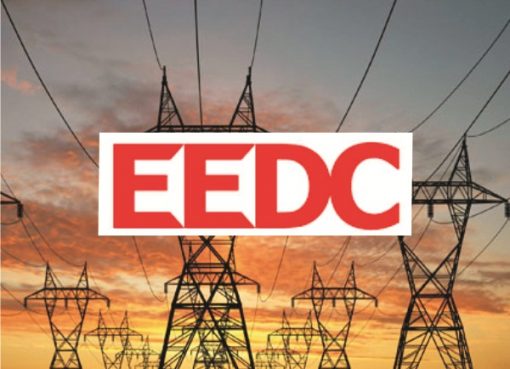A large number of companies with climate pledges might have been responsible for more greenhouse gas emissions than they advertised, a study into the value of Renewable Energy Certificates (RECs) has found.
Many businesses rely on renewable energy certificates (RECs) to support their green energy claims. However, a scientific analysis suggests that corporate REC purchases are unlikely to lead to additional renewable energy production, and can jeopardise global efforts to stop climate change.
When companies purchase RECs, they are supporting renewable energy projects around the world. By doing this, businesses can continue to use electricity generated by fossil fuels, and use the certificates to offset those emissions.
“Too many consumers, media, even investors, might actually think that the company is physically using 100 per cent renewables. And that is just not the case,” said Anders Bjørn, a postdoctoral fellow at Concordia University and the lead author of a study published in the journal Nature Climate Change.
In the study, Bjørn and his team looked at 115 companies across a broad range of industries — including Microsoft, Ford and Best Buy — that had made pledges to reduce their carbon emissions. All the companies combined had reportedly reduced planet-heating pollution from their electricity by over 30 per cent between 2015 and 2019.
The reason for this disparity is that, as renewable energy projects have become more common, prices of RECs have tanked. According to the researchers, RECs are currently not a strong enough revenue source to incentivise energy companies to bring new renewable energy projects online, meaning companies are not offsetting the negative impact their electricity use has on the environment.
“What we can see in our study is that companies in most cases are buying certificates that are not doing much, if anything, for the climate, whether they know it or not,” Bjørn said.
Looking at company disclosures on their emissions and electricity use, Bjørn found that two-thirds of the emissions reductions that companies claimed were tied to RECs were unlikely to have brought more renewable energy to the grid or lowered greenhouse gas emissions.
However, not all companies are relying on this method to decarbonise their business models. Some have begun to put their money into what are called power purchase agreements (PPAs), deals they strike with a project developer to build out more renewable energy capacity, such as a new wind or solar farm, and purchase a certain amount of renewable energy from the project itself.
Although those power purchase agreements also generate RECs, the authors of the new study considered them valid representations of real-world emissions reductions.
Source: E&T










